
Thiamine (Vitamin B1) Deficiency In Chickens Bitchin' Chickens
Thiamine is an essential cofactor for 4 enzymes involved in the production of energy (ATP) and the synthesis of essential cellular molecules. The total body stores of thiamine are relatively small, and thiamine deficiency can develop in patients secondary to inadequate nutrition, alcohol use disorders, increased urinary excretion and acute metabolic stress. Patients with sepsis are frequently.

Guide How to Treat Thiamine Deficiency in Chickens
Thiamine is present in many foods and is well recognised as an essential nutrient critical for energy metabolism. While thiamine deficiency is commonly recognised in alcoholism, it can present in many other settings where it is often not considered and goes unrecognised. One challenging aspect to diagnosis is that it may have varied metabolic.

PPT Thiamin deficiency in chicken PowerPoint Presentation, free download ID2133175
With fortified foods, however, only ~5% did not meet suggested intakes [ 25 ]. EAR represents the average daily level of intake estimated to meet the requirements of 50% of healthy individuals and are slightly lower than RDA values. The EAR for thiamine is 1.0 mg/day for men and 0.9 mg/day for women [ 26 ].
Don't know if it is a vitamin B1 DefIciency or if it's Marek's disease. Please Help! BackYard
Sometimes chickens can become deficient in specific vitamins. The most common deficiencies in backyard chickens are Vitamins B1, B2, B3, B5, B6, B7, B9, and B12. Other vitamins that can be in short supply are Vitamin A, D3, E, and K. Serious health complications arise from a shortage of these vitamins. A balanced feed is important to correct.

Common Nutritional Deficiencies In Backyard Chickens
Transketolase activity coefficient > 15-20% suggest thiamine deficiency Treatment Thiamine: 50-100 mg intravenously per day for the first few days, followed by 5-10 mg once daily orally

Vitamins Deficiencies in Poultry Causes ,Effect & Treatment.
Learn how to identify and address thiamine deficiency in chickens, exploring causes, symptoms, and treatment options for maintaining poultry health.
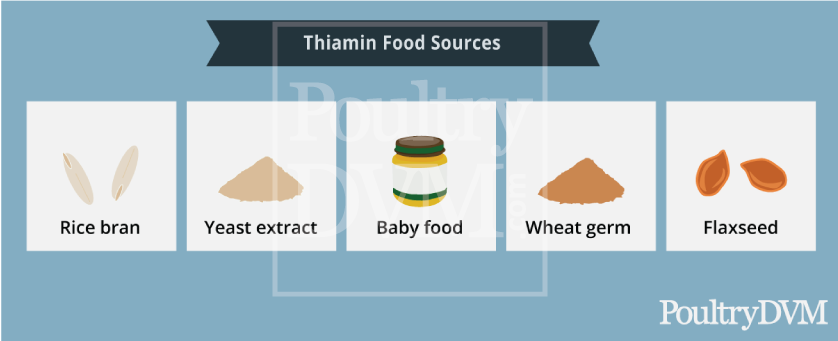
Thiamine deficiency in Chickens
WKS is often associated with the overuse of alcohol ( 24 ). Summary. Symptoms of thiamine deficiency can be vague and hard to diagnose. They may include loss of appetite, fatigue (tiredness.
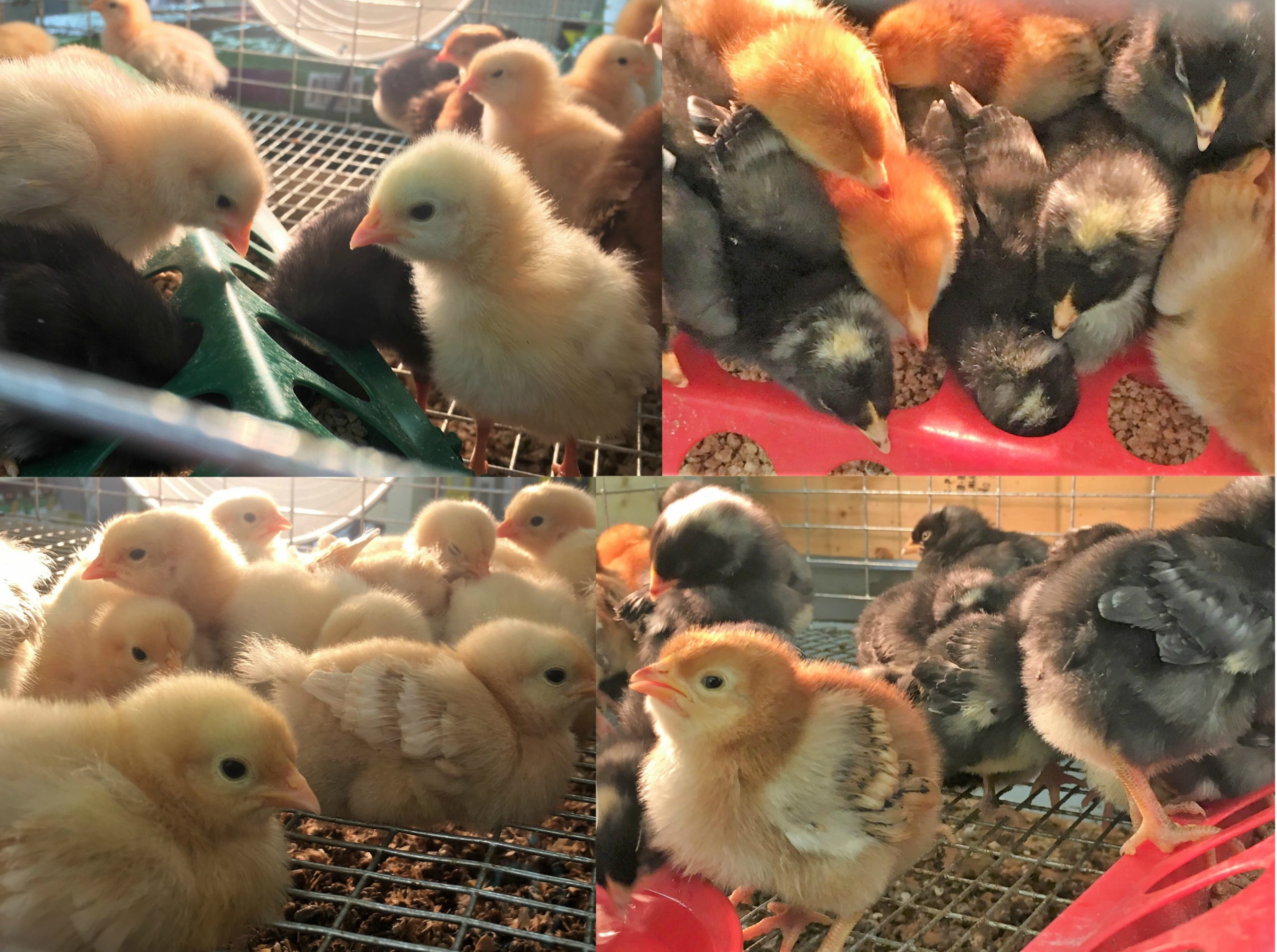
10symptomsofnutritiondeficiencyinpoultry
Thiamine deficiency can affect the cardiovascular, nervous, and immune systems, as commonly seen in wet beriberi, dry beriberi, or Wernicke-Korsakoff syndrome. Worldwide it is most widely reported in populations where polished rice and milled cereals are the primary food source and in patients with chronic alcohol use disorder.

Thiamine How To Prevent A Deficiency Synergy Wellness Formulas
The most commonly used biochemical tests measure thiamine concentration directly, while other assays measure erythrocyte transketolase activity and urinary thiamine excretion. Normal thiamine values typically range from 70 nmol/L to 180 nmol/L. A transketolase activity coefficient greater than 15-20% also suggests thiamine deficiency. + + +
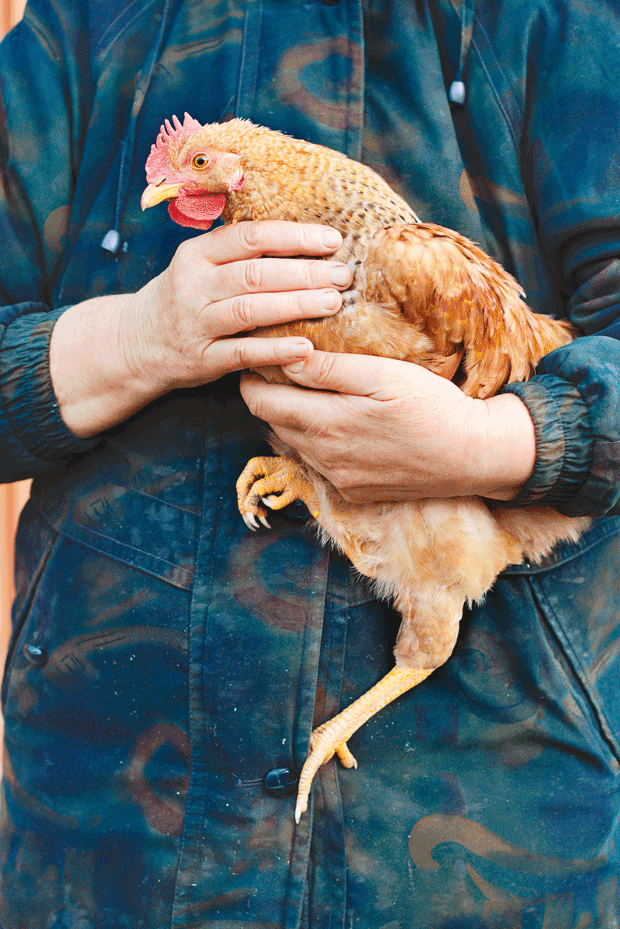
40+ signs of a vitamindeficient chicken (plus how to ensure your chooks get enough vitamins)
431. In birds, vitamin B, (thiamine) deficiency is clinically and morphologically manifested with paralysis of limbs and muscle atrophy, beginning from the flexors of toes and ascending towards the extensors of legs, wings and the neck. The chickens acquire a specific posture with flexed legs and the head drawn back (stargazing). As.

Vitamin Deficiencies in Poultry. Growel Agrovet
The average daily thiamin intake from foods and supplements in children and teens is 1.51 mg for ages 2-5 years, 1.76 mg for ages 6-11 years, and 1.95 mg for ages 12-19 years. In adults age 20 and older, the average daily thiamin intake from foods and supplements is 4.89 mg in men and 4.90 mg in women.
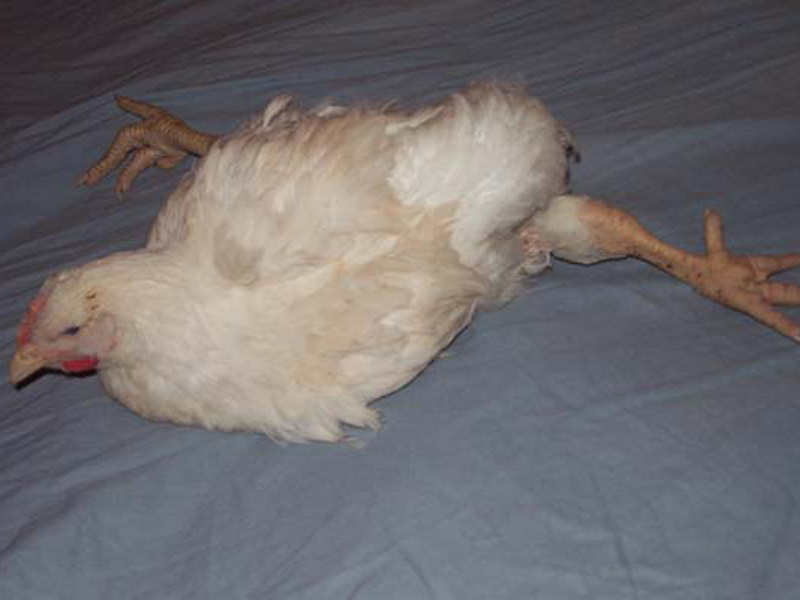
10 most common diseases in backyard chickens symptoms,treatment The Poultry Guide
Here are some of the more common nutritional deficiencies in chickens you may encounter in your flock. Vitamin A — A deficiency in vitamin A can have signs such as cheesy, watery discharge from the eyes, the birds growing extremely thin and weak, ruffled feathers, discharge from the throat, decrease in egg production, and the possibility of.

👀 Find out how to avoid and treat health problems in chickens like parasitic infections
Treatment. Separate bird from flock in a warm, quiet place. Provide increased dietary thiamine or poultry vitamins containing thiamine in drinking water. Administer vitamin B1 orally (1-2 mg/kg for 24hrs) or via injection (1-3 mg/kg for 7 days) Prevention. Ensure provision of a well-balanced feed.

Nutritional Deficiency In Poultry Farming Aqua4Nations
Vitamin D3 Deficiency. Vitamin D3 is required for the normal absorption and metabolism of calcium and phosphorus. A deficiency can result in rickets in young growing chickens or in osteoporosis and/or poor eggshell quality in laying hens, even though the diet may contain adequate levels of calcium and phosphorus.
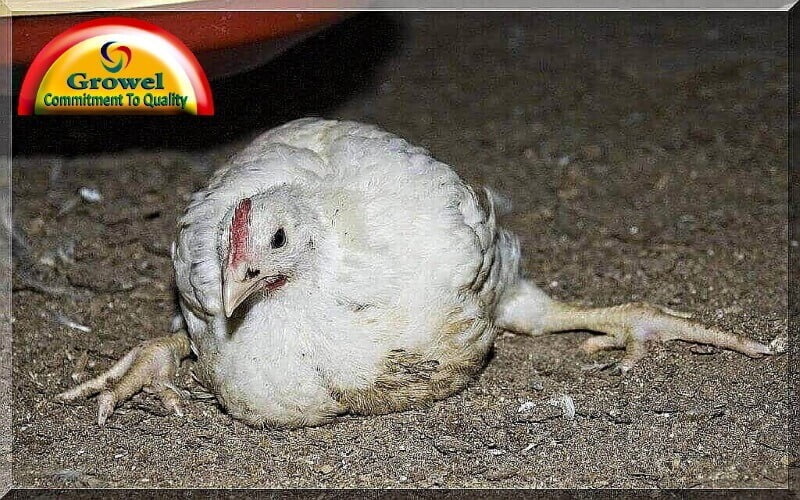
Mineral Deficiencies in Poultry. Growel Agrovet
Thiamine deficiency affects many systems of the chicken's body, including the muscles, heart, nerves, and digestive system. A principal function of thiamin in all cells is as the coenzyme cocarboxylase or TPP. TPP is essential in reactions that produce energy from glucose or that convert glucose to fat for storage in the tissues.

Vitamin Deficiencies in Backyard Chicks and Chickens Tilly's Nest Vitamins, Chickens
Thiamine deficiency presents many challenges to clinicians, in part due to the broad clinical spectrum, referred to as thiamine deficiency disorders (TDDs), affecting the metabolic, neurologic, cardiovascular, respiratory, gastrointestinal, and musculoskeletal systems. Concurrent illnesses and overlapping signs and symptoms with other disorders.